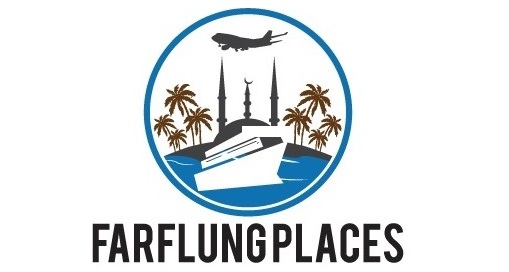When I first moved to Sydney I went to a photographic exhibition one Saturday in Paddington. It was by Sebastiao Selgado, part of an exhibition of prints from his book 'Workers'. There were some stunning shots from around the world, but it was the images from the shipbreaking yards of Chittagong that stuck with me.
Well, it is not a virtual country that only exists in a game like Sim City, there is actual land and people there, but only Abkhazia, Nagorno-Karabkh and South Ossetia actually recognise Transnistria as a bonafide country. And if you have not heard of those places either it is because they have also only very limited recognition in the world. Even Russia, which has several thousand troops based there, has yet to formally recognise it.

Pyongyang may not be your typical 'weekend away' destination, but should you find yourself in the North Korean capital there are plenty of attractions and experiences to keep you busy. Since you are not free to travel around independently you will need to plan a schedule in advance for yourself, your guides and driver.
Pyongyang is small city, easy to get around, and has very little traffic or pollution. An ideal place to wander the streets, look at local students marching in uniform and very much in step while having a look into the small shops dotted around. Except that you are not allowed to. Each group of tourists had a set of guides/minders and a driver and a set program which is hard to deviate from.
North Korea. AKA 'The Hermit Kingdom', or more recently 'The land of ICBMs'. An unusual travel destination, and also one becoming increasingly difficult to visit, particularly if you are an American. I had planned this trip months in advance, but as my departure day got closer the rhetoric between Trump and Kim reached new levels of abuse, with threats thrown from both sides, and there were murmurings of preemptive strikes on the country. I guessed international diplomacy might cool the hot heads, and if not it could be an even more interesting experience.
When a nuclear accident destroyed much of Power plant number four at Chernobyl, the resulting radioactive cloud spread across much of western Europe, leading to restrictions on milk and farm animal consumption from affected areas, many of which have only been lifted in the last 5 years. Meanwhile, 5 km's from the reactor was a modern city called Pripyat, housing many of the plants workers and families. It remains uninhabitable for 20,000 years.












